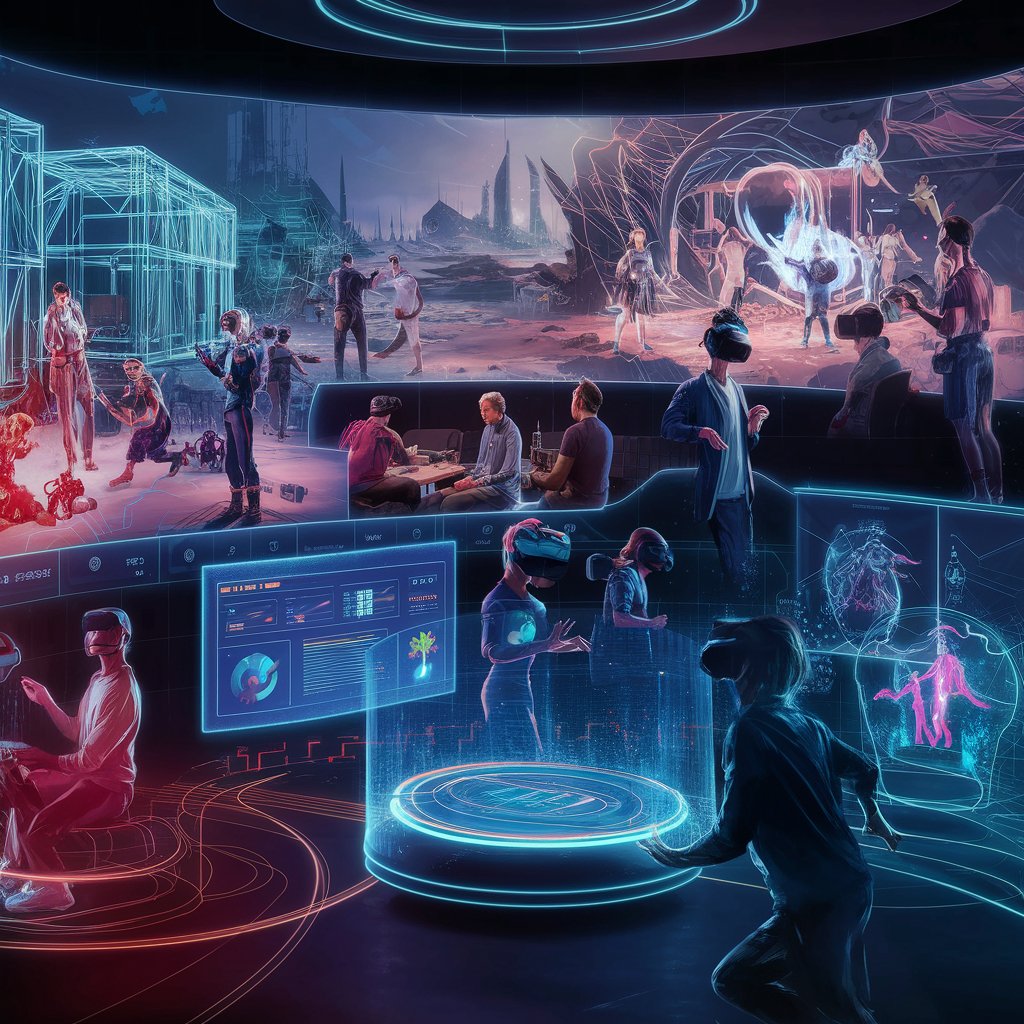Virtual reality (VR) is playing a transformative role in shaping the future of gaming communities by redefining how players interact, collaborate, and build connections within the gaming world. As VR technology continues to advance, it is fostering a new era of immersive social experiences that extend beyond traditional gaming paradigms.
One of the most significant impacts of VR on gaming communities is the creation of fully immersive social spaces. Unlike traditional online platforms where interactions are limited to text or voice chat, VR enables players to meet and interact in virtual environments that closely mimic real-world social settings. This immersive experience allows gamers to engage in more meaningful and dynamic interactions, enhancing the sense of presence and connection. Whether attending virtual events, exploring shared spaces, or participating in collaborative activities, VR fosters a deeper sense of community and camaraderie among players.
VR also facilitates the development of new types of gaming communities centered around shared virtual experiences. For instance, VR game developers are creating virtual worlds where players can come together to participate in large-scale events, competitions, and collaborative projects. These virtual spaces often include features such as customizable avatars, interactive environments, and social hubs that enhance the overall community experience. By offering unique ways for players to connect and collaborate, VR is expanding the possibilities for community-building within the gaming landscape.
Furthermore, VR technology is revolutionizing how gaming communities engage with content and creators. Virtual reality platforms provide new opportunities for content creators to showcase their work and connect with their audience in immersive ways. Gamers can attend virtual live-streamed events, explore virtual galleries, and interact with their favorite streamers and developers in real-time. This enhanced level of engagement not only enriches the experience for fans but also helps creators build stronger, more interactive relationships with their community.
In addition to fostering social interactions and content engagement, VR is also influencing the way gaming communities collaborate and compete. Virtual reality environments enable players to work together on projects, solve puzzles, or participate in team-based competitions in a more immersive and interactive manner. The ability to physically move and interact within the virtual space enhances teamwork and communication, leading to more effective collaboration and strategic planning. As VR technology continues to evolve, it is likely to introduce even more innovative ways for gaming communities to collaborate and compete.
The rise of VR also brings new challenges and considerations for gaming communities. The technology’s high cost and the need for specialized equipment can create barriers to entry for some players. Additionally, the physical requirements of VR gaming, such as space and comfort, must be addressed to ensure an inclusive experience for all users. As VR becomes more integrated into the gaming world, addressing these challenges will be essential for fostering a diverse and accessible gaming community.
Overall, the role of VR in shaping the future of gaming communities is both profound and multifaceted. By creating immersive social spaces, enhancing content engagement, and revolutionizing collaboration and competition, VR is setting the stage for a new era of community-building within the gaming world. As technology continues to advance, it promises to further enrich the experiences of gamers and contribute to the growth of dynamic, interactive, and inclusive gaming communities.

